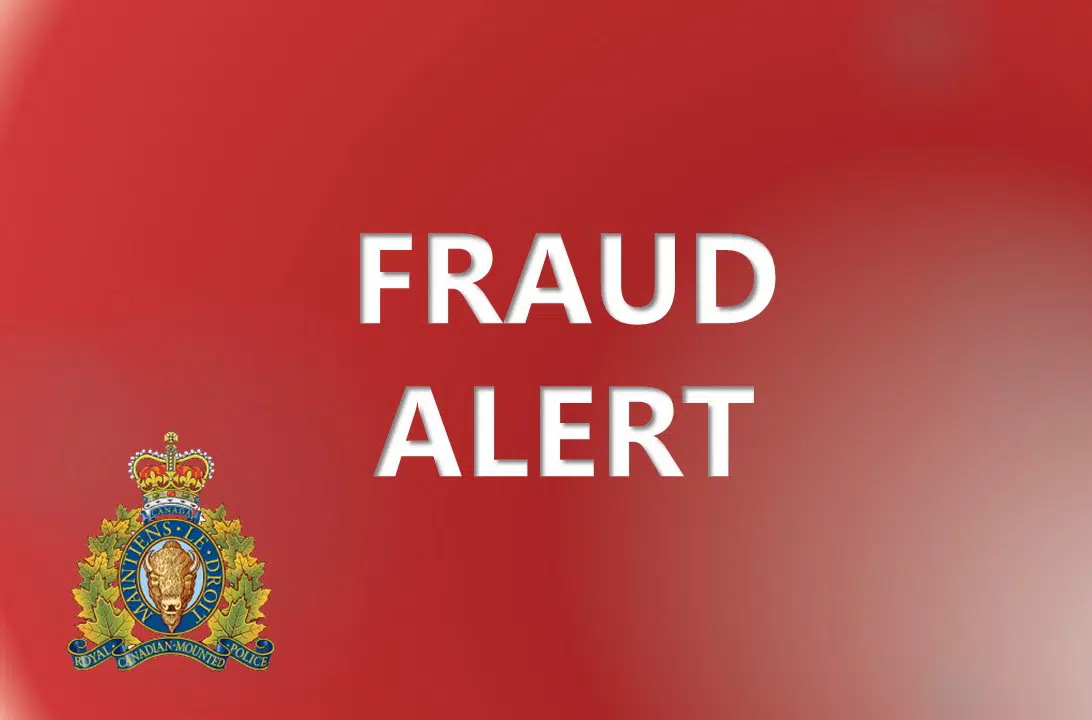Fraudsters are increasingly using fake emails, phone calls, and text messages to trick people into giving away money or personal information. These scams all share the same purpose: to steal from you. Experts warn people not to engage with suspicious contacts, avoid clicking on unknown links, and always verify information by contacting the company directly.
To protect yourself, don’t be swayed by emotional appeals or provide personal details to unsolicited callers. Verify any charity claims through the Canada Revenue Agency and confirm calls from your credit card company by using the phone number on your card. Ensure your computer has up-to-date antivirus software, use strong and unique passwords for your accounts, and think twice before sharing images online.
If you suspect you’ve been targeted by fraud, remain calm and gather all related documents, including emails, texts, and receipts. Immediately notify your bank and ask them to flag your accounts. Report the fraud to your local police and obtain a file number. Also, inform both credit bureaus, Equifax and TransUnion. The Canadian Anti-Fraud Centre is available to assist victims and can be reached by phone or online for further support.










Comments